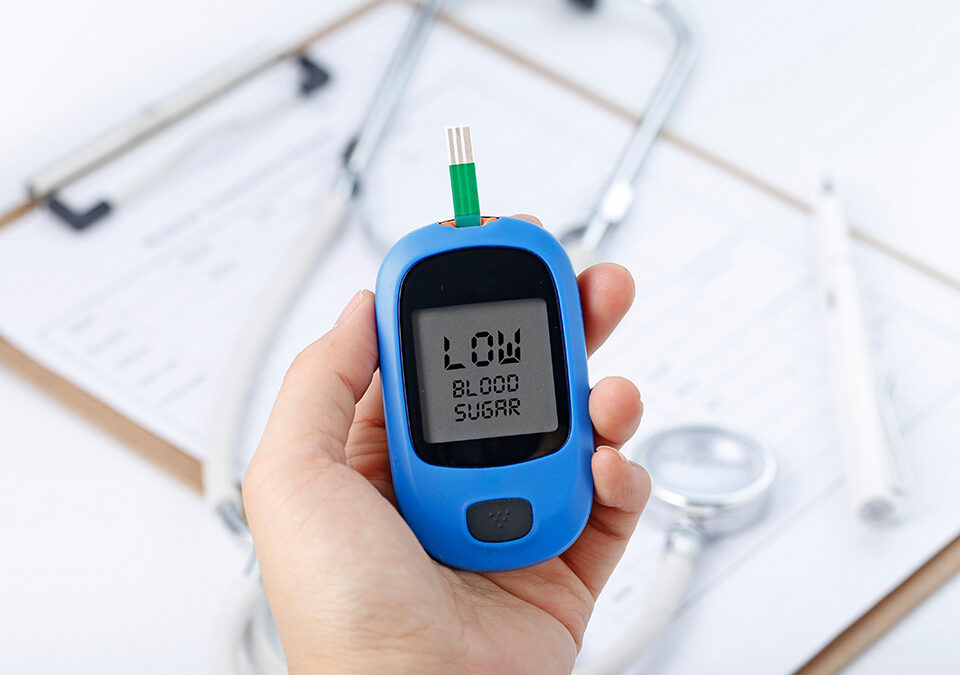
Connection Between Diabetes And Wound Healing
May 24, 2021
Connection Between Type 2 Diabetes And Your Feet
May 26, 2021In the early stages, diabetes is easy to control and effective management from the start can significantly lower the risk of complications. If detected during the prediabetic stage, when blood sugar levels are elevated, but not high enough to be classified as diabetes, you can even use these strategies to prevent diabetes from developing. Here are some simple health tips to help you fight diabetes right from the start.
Health Tips To Fight Diabetes During The Early Stages
Get Active
Physical activity or exercise can help with the management of early-stage diabetes and prediabetes, with research showing that moderate-intensity exercise on a regular basis can increase insulin sensitivity by as much as 51 percent. This doesn’t mean that you need to hit the gym for a workout every day, as any physical activity, including aerobic exercise, helps to reduce insulin resistance, whether you are prediabetic or diagnosed with early-stage diabetes.
Aerobic exercise can include any activity that raises your breathing and heart rate, so you can take your pick from activities that you enjoy, whether it’s walking, cycling, swimming, dancing, or playing sports like badminton.
Watch Your Carbs
A high intake of carbs can cause blood sugar levels to fluctuate, which is why those diagnosed with prediabetes or diabetes are advised to reduce carb intake. While a good starting point would be to limit carb intake to 200 to 245 grams a day, keep in mind that not all carbs are equal. Simple and refined carbs from processed foods that are rapidly broken down cause a greater spike in blood sugar levels. A high intake of such fast-digesting carbs is in fact linked to a 40 percent higher risk of developing diabetes.
To choose healthier carbs or simple carbs that are broken down at a slower rate, focus on whole foods and look for fruits and vegetables that have a low glycaemic value.

Get More Fibre
Adequate fibre intake is important for gut health and weight management, but it also helps to keep blood sugar and insulin levels in control. Both soluble and insoluble fibre can help through different mechanisms. Soluble fibre slows the rate of food breakdown in the gut, lowering the risk of sudden blood sugar spikes. Similarly, insoluble fibre helps to control blood sugar levels and lowers the risk of diabetes.
Most whole foods like whole grains, fresh fruits, and vegetables contain a good amount of fibre, but once again, opt for those with a low glycaemic value.
Lose Excess Weight
Although diabetes can develop in people who have healthy body weight, it has a strong association with being overweight or obesity. Abdominal fat or visceral fat is especially dangerous, significantly increasing the risk of diabetes as it causes inflammation and insulin resistance. Weight loss is therefore regarded as one of the most effective ways to manage diabetes or lower your risk of developing the disease. In fact, the benefits have been measured, with one study in prediabetics showing that for every reduction of 1 kilo, the risk of diabetes was lowered by 16 percent.
When attempting to lose weight, make it a point to choose healthy weight loss strategies such as cutting carb intake and exercising regularly, rather than going on calorie-restrictive diets.
Don’t Neglect Sleep and Relaxation
Inadequate or poor-quality sleep is known to increase the risk of diabetes and can also make the condition harder to manage. A study that appeared in the journal Diabetologia found that individuals who got just four hours of sleep for three consecutive nights had elevated fatty acid levels in their blood, impairing insulin’s ability to control blood sugar levels. On average, you need to get at least 7 hours of sleep each night.
High levels of stress and anxiety are also known to increase levels of hormones like stress and cortisol, which can cause a decline in insulin levels and a rise in glucose levels. You can use activities like yoga, meditation, progressive muscle relaxation, deep breathing exercises, and other mindfulness-based stress reduction techniques to lower stress and better control blood glucose levels.
While these are 5 of the simplest tips to tackle diabetes in the early stages, there’s a lot more that you can do. Quitting smoking and limiting or avoiding alcohol intake are absolutely critical to managing or preventing diabetes. In addition to taking these steps to manage early-stage diabetes, make sure to also monitor your blood sugar levels regularly.




